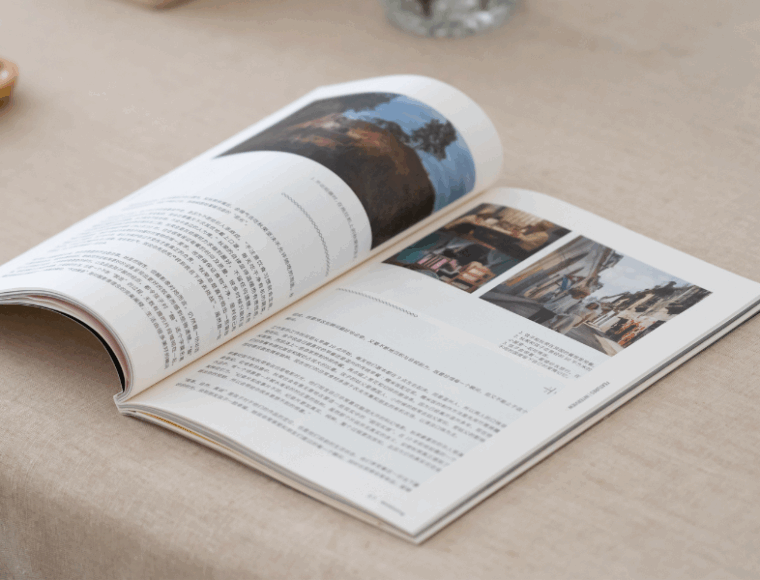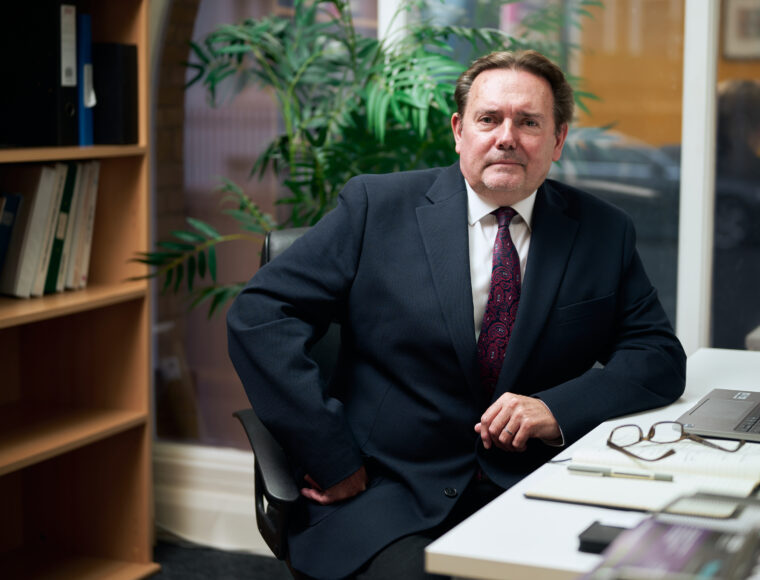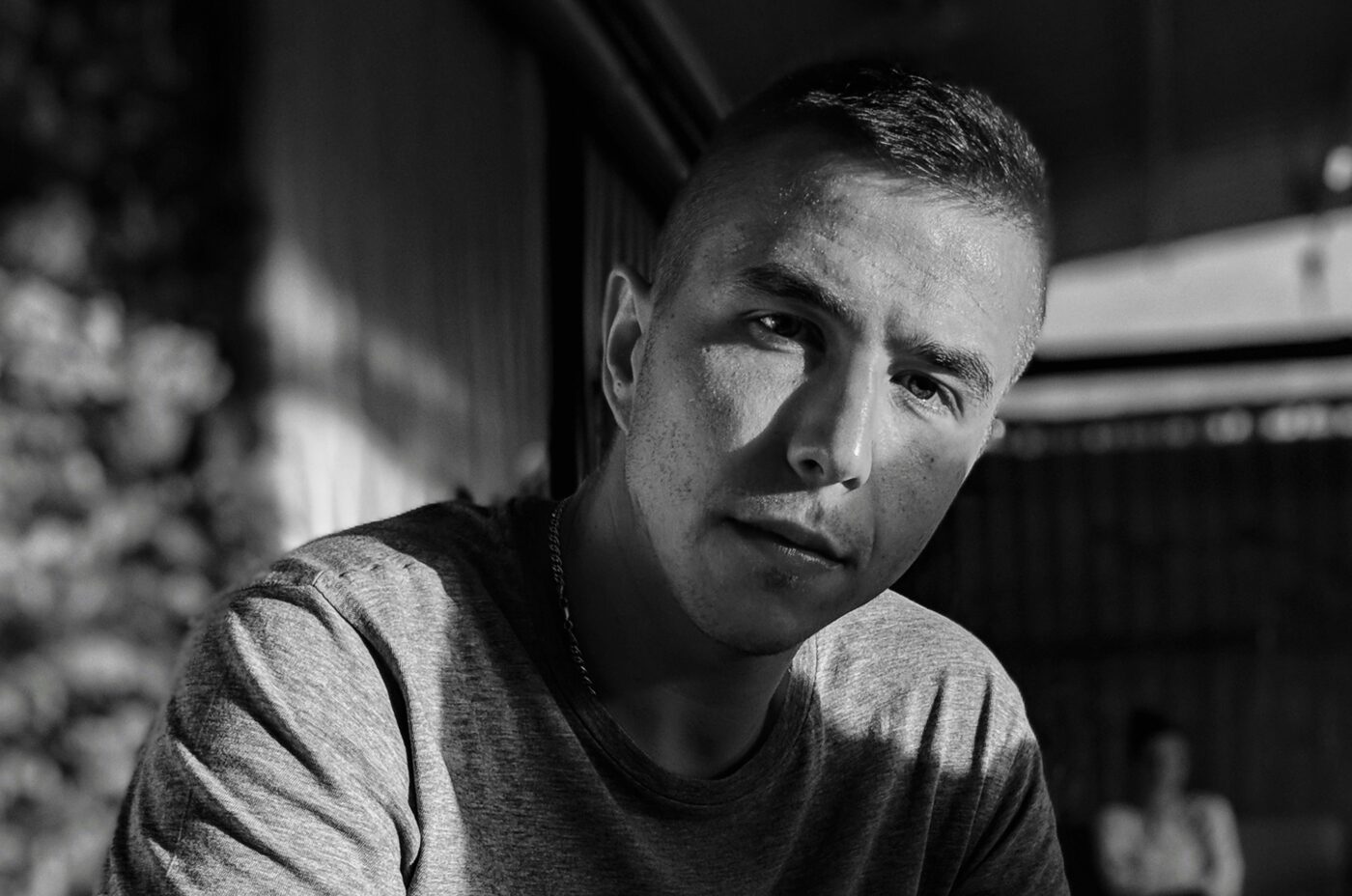Mental Health and Homelessness– Pete’s story
I was born in 1987 to an Italian mother and an Irish father. I had quite a happy childhood in the Greenwich area, as there were plenty of areas to play around. But there were mental health issues from a young age, even though I wasn’t aware of it at the time. It was all quite confusing.
When I was about eighteen, I applied to join the army and got turned down on medical grounds. One of the reasons given was a personality disorder. I thought, “Wow, this is how I’m finding out about this?” But I dismissed it thinking they are just looking for any excuse. After that, I was just wandering around quite aimlessly for a while. From school, I began as an underpinner’s labourer, then on to plumbing, for which I went to college. I didn’t finish that. That’s been my experience; starting things and not finishing. From 18 I was drifting, in and out of home, in and out of jobs. Not settling at anything.
I did not slow down enough to question why I was like this. I was in such a bad place that everyone could see it, and it was scaring them. My reaction was that they should leave me alone. I was self-medicating – drinking heavily and using drugs. Even though I wasn’t aware of it at the time, my mental health was deteriorating, and I was very confused about what was going on. I lost my relationship and my home and was sectioned for five months.
It’s only in the last six to seven years that I have learned about ADHD, researched it, and accepted that this is who I am. There were a series of tests done in the hospital, and I was diagnosed with severe depression and medicated. I was put on medication, which was horrible. There was a lot of trial and error before I was put on one that seemed to work. Getting a diagnosis, whilst it was a relief, also made me think, ‘Great, I’m a F££$ head;’ I’m the problem! It took a while and further research to accept myself and think about becoming a better person. It was quite a journey.
Upon my release from the hospital, I was street homeless for three months, living in a shed on the allotments. I went to Medway Council, but unfortunately, they weren’t very helpful. That is changing as they are going through a process of transformation and trying to be more user-friendly. They advised me to contact Pathways.
After an initial assessment and interview with Pathways, I was given a room at Hammond House in Chatham, and from there, I had to engage with the mental health team. I had recently come off the streets, and the medical team put me on a medication that wasn’t working for me. They gave me vivid dreams, sleepless nights, and extreme paranoia. The only way to settle that down was through illegal narcotics, which made me very low. I was like that for a few years, just muddling through.
I fell into substance use. It was a way of masking what was going on in my head because I did not understand what was going on. Hammond House was making me significantly worse because of the substance use that was going on there. On reflection, you can’t help what other people are doing. I just had a very negative experience there.
I moved from Hammond House to another Pathways service, John Street, which has lower support for moving on. Then, from there, I moved to Tottenham Close, and something clicked in my head one day: “Fix up, get clean.” The problem I found with that is that when I went to Turning Point, which was overwhelmed, I was at the back of the queue. I was ready for my treatment, but they couldn’t help me at that moment. So, I bought a kayak and ‘went off on my own for five weeks. There is a term in the Christian faith about going through the waters – going through tests and trials – and I literally went through the water, physically and spiritually.
I came back and deleted all the dealers’ numbers from my phone and cut off contact with all the people I knew who used substances. After a while, I was approached by Donna Payne, the previous Pathways Peer Coordinator, who told me that they were doing sporting events and that I should come along. So, I went along and did that, and a month or so later, she asked if I would be interested in becoming a Peer Mentor. I asked what was involved, and she told me it was for people with lived experience, sharing with others and helping them to manage their lives. I thought that this was an opportunity for me, and had this service been available when I needed it, there would have been such a different turnout, a quicker and more progressive one than having to do it on my own.
The rest is history, really. I’m sitting here doing an interview two years later! I started in June 2022, just out of covid. I was given training, which is the bane of the Peer Mentors’ existence but is necessary. I have ADHD, so sitting through training is challenging as I can only sit for about 90 minutes at a time, and anything longer is difficult. But I managed to get them broken down into two-day segments. Just sticking through those uncomfortable moments helped me to see what I could do. Now, I can sit in front of the computer and do the learning online. I have come a long, long way, which is quite humbling, really.
Looking back on my childhood, my mom was very ‘handsy,’ so physical discipline with belts, etc. was the norm. My diagnosis of ADHD came when I was an adult, and I was told that it doesn’t start in adulthood, so I must have displayed signs as a child. It was quite tough, and school was difficult. Academically, I excelled, but socially, it was hard, and the concentration was not there. Once I learned what I needed to learn, I daydreamed. I sat my mock exams and thought that was it, so I did not do the actual exams. There were definitely signs, so when I look back on it, I assumed my normal was the normal. I thought my siblings were boring, and we didn’t do emotions or talk in our family, so everyone just got on with it.
As a peer mentor, I have learned patience, which I take into my personal life. The training, though intense at times, has been eye-opening and very beneficial. I never would have thought of half the things that I have learned about what alcohol can do to the body. It needs to be banned now! Alcohol-related dementia, as well as the physical effects on the body, are not spoken about enough, because it is so accessible. I have worked to bring my units down. Everything I have learned as a peer mentor has been beneficial in some way and can be applied to my personal life. When I give back as a mentor, I do so because someone fed into me. Our outreach is a vital service, and by maintaining a presence on the streets, people know we are there, and they know that if they want to, they can approach us, and it’s not going to a building where it is clinical, and people are sitting behind computers. It’s more like, let’s go have a coffee and a chat, bringing humanity back to them, which is quite important.
Where would I be without pathways? The structure I was given at Pathways started with a roof over my head and the support to attend my mental health appointments to ensure they weren’t missed and support and structure to guide me. It is not perfect, but where I would be without them is not worth considering! It certainly is not where I am now. I needed a certain amount of handholding, guidance, and structure. There was a lot of hard work that needed to be put in on both sides and a lot of patience and understanding from their side. There is another similar charity that does not have the same structures in place as Pathways, and it’s like the ‘Wild West’ there.
I don’t think the government wants to think about tackling homelessness. They are happy to see the homeless beggar on the street or getting into their tents because that’s ‘over there.’ It is severely under-resourced. The local councils are doing their best but are also stretched. For example, Newham has bought a building and housed 81 families and the council knew nothing about it. There will be a stretch on resources such as GPs, schools, etc.
That’s what’s so good about the outreach work. We are a walking poster as otherwise; the homeless community wouldn’t know what’s available to them. The homeless community knows each other and can pass information along. We are going in the right direction, but local government needs to do more. You can’t just close your curtains and pretend it’s not happening. The cost-of-living crisis has not helped! I volunteered at the night shelter with the Salvation Army last winter, and out of everyone who was there from January to March, only two people were deemed suitable for housing. Those people were given temporary housing from where they could access other services. Banks have now started a service so the homeless can have bank accounts, something that should have been done sooner, but it’s a start. When you’re on the street, you have nothing, so your only concern is when you can eat as you can’t wash, have no job… There is no standard of real living.
We need sustainable housing, even though it’s temporary housing. When people go to the hospital or don’t check in, they lose their accommodation. There needs to be longer time frames allowed. There are people who have been on the streets for decades, so they need time to get used to having a place to go back to, as having a place of their own is completely alien to them. If they don’t go back to their accommodation for a couple of days, that is taken away and given to someone else because the need is so great. It is a process, and people need to get used to it, so there needs to be more leeway. There needs to be dedicated funds to tackle this issue. Whether it’s to build accommodations specifically designed for this cohort, which are flexible, so the rules are not so rigidly applied. We do the Medway homeless street count and have done it recently, and it’s been the highest it’s ever been.
Pathways is now part of a bigger organisation, SIG, so they can do more now. The evolution from seven years ago has been great, but I recognise that everything takes time.
As a peer mentor, I always end my conversations with ‘It does get better.’ The importance of lived experience is vital. It is very rewarding. We go out on outreach with Forward Trust drug and alcohol service and RSI from the council, then make the calls to signpost people to services. It’s a multi-pronged approach, which is vital as the cohesion gives the hope needed. The people we help can see a ‘wall they can rest against.’ If people don’t want help, they won’t be helped, so we need to keep having conversations and be ready when they do ask for help. Sometimes, it can take a little while, so we must be patient.
I have just applied for a job with Forward Trust as an outreach worker. Hopefully, I will return to helping the homeless, as that’s where my heart is.
I have my own flat now and save my benefits for what I need. I am feeling amazing!!





